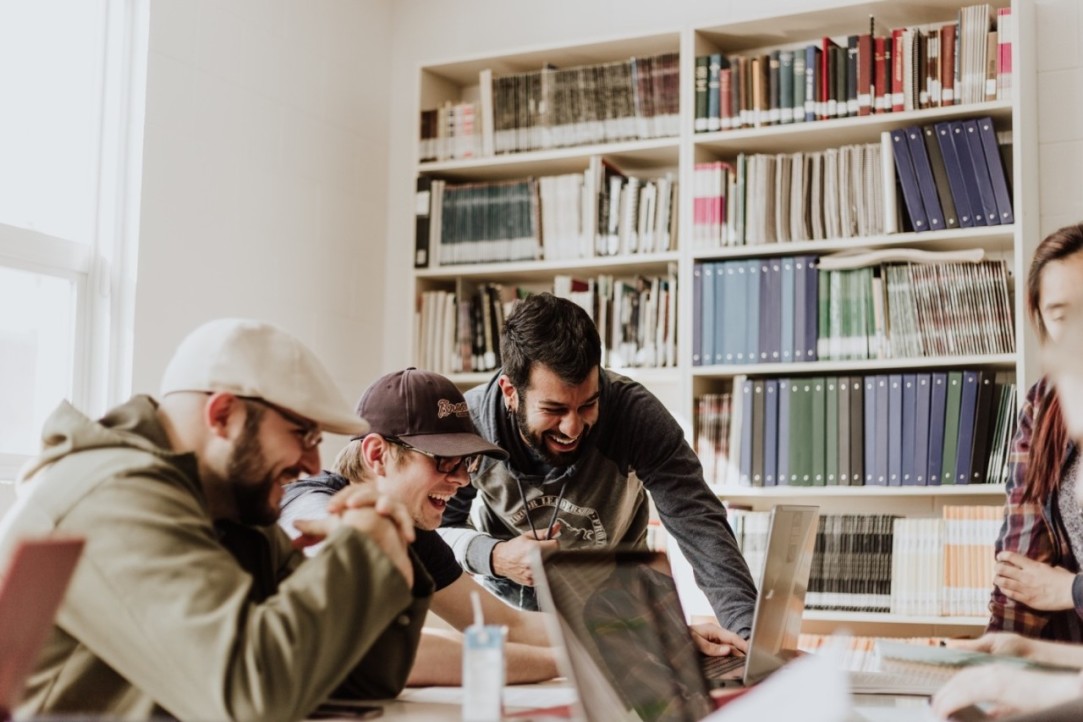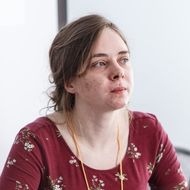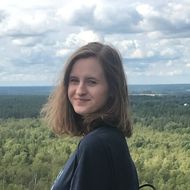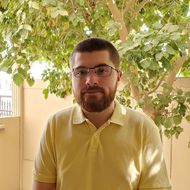'Our Department is Making a Huge Effort to Emphasise the Importance of Interdisciplinarity'
The Master's in Global and Regional History has students from Russia and all over the world. Some of them already have experience with historical methods, while others are encountering this academic field for the first time. We asked the students to share their personal experiences and tell us what they remembered the most about their first year at HSE University, what is unique and interesting about the programme, and whether it is difficult to study in English.


Albina Zavertkina
I graduated with a Bachelor’s in Cultural Studies from HSE University-Moscow. I applied for several master's programmes. I decided not to go far from the humanities, but rather change the context around me and learn more about new research methods. I chose the Global and Regional History programme for several reasons. I liked that the programme is international and that everything is implemented in English. I knew the names of some of the professors and, in a sense, followed their academic reputation. Moreover, what attracted me was how the interview went—they asked me about my academic interests and the theoretical framework I used in my bachelor's degree.
In cultural studies, we were taught to analyse the contemporary world and talked about the theories of cultural research. Here, I have an opportunity to find out what happened before 'now'. I do this through historical texts, for which the empirical context is sometimes much more important than theory.
By the middle of the academic year, I realised that I had stopped being afraid to speak, read and write in English. Now, I have friends from different cities and even countries—St Petersburg, Chelyabinsk, the UK, the US, Chile and Japan—with whom I communicate in English. We discuss writers (like Derrida, Moss, and Conrad), modern processes in the world, and where in St Petersburg students can have a delicious meal. It's a cool feeling.
During the year, I learned to read historical texts (I hope), began to understand the specifics of historical research a little better, and got acquainted with some anthropological theories. I know that the programme will change in the coming year—there will be two educational majors and new courses, including more anthropological ones. If applicants want to contact me, they can find me on social media. I will be happy to tell them more about the programme.

Ekaterina Vasilik
In addition to completing my first year of the Master’s in Global and Regional History at HSE University-St-Petersburg, I also did my Bachelor's in History here too. When I entered the first year of my bachelor's degree, I went to an Open Day. There, Adrian Selin, the Head of the BA History Programme, said the following important words: academic history is not aimed at a linear description of dates and events, but at finding approaches and methods that help researchers to describe past experience, past reality. Nowadays, historians are trying to pay attention to the 'human' experience, moving away from a structuralist description of the past and reflect more on the analytical categories used and on their own language of describing this past. We must understand that historical experience is unique from its perception both by each individual actor of the past and by historians themselves. Therefore, it is very important to place research within the framework of broad methodological discussions.
Studying on the Master's in Global and Regional History allows early-career historians to follow this logic, enter a wide and complex historiographic research field, and understand the main trends in the development of historical scholarship today. Our department is making a lot of efforts to emphasise the importance of interdisciplinarity, since history cannot exist separately from sociology, economics, philosophy and other humanities. They are all in a close dialogue with each other.
Our programme is taught in English, and this is a very big advantage. Using a foreign language every day greatly expands your internal logic and thinking. I got acquainted with new historiography, got the opportunity to participate in conferences and wide discussions, and studied works written in other languages. Knowing a foreign language opens up borders and inspires confidence.
I like the fact that we have an opportunity to choose courses that are interesting to us or important for working with our own projects. The research interests of our professors are broad, and this diversity shows that the department is open to the development of new topics and issues. The programme is also useful for gaining practical experience, so we have a choice between archives, museums and other places for internships. I think that this is important, since students most often come to graduate schools when they know exactly what they want, or when they changed their major and want to understand in practice what will be closer to them in a new field.
The first year was valuable to me, as we had many interesting and enriching courses. I would like to develop further in an academic field, so I gained a lot of experience while working at the HSE University Centre for Historical Research. Thanks to this, I received not only teaching experience, but also experience working with professors as part of research projects. It became clearer to me what topics attract me most of all and what I would like to do in the future.

John Hammill
I was born in New Jersey and also completed my bachelor's degree there, at Rutgers University. I have chosen the Master's Programme in Global and Regional History in St Petersburg in order to improve my knowledge of Russian language and delve into the study of Russian history. I like the revolutionary period and the transformation of society in the period that followed. I’m also very interested in studying ideology and nationalism in the 20th century. Of course, Russia was the best fit for learning more about Russian culture and history. The programme itself was recommended to me by a professor from the university where I completed my bachelor's degree.
The biggest advantages of studying at HSE University for me were the quality of teaching and the sincere willingness of professors to help us conduct our own research. The teachers here are extremely friendly, they guide me along my academic path, and help me acquire the tools necessary to achieve success. They give important and practical advice that makes the research process much easier and clearer.
Classes on our programme are diverse, covering a large number of subjects and areas. This diversity really helps to make classes interesting, and we, as future scientists, remain comprehensively developed. Unfortunately, I did not have the opportunity to personally attend classes in St Petersburg, but the teaching staff was very kind to me and agreed to conduct classes online. Those of us who were outside the city actively participated in seminars and discussions.

